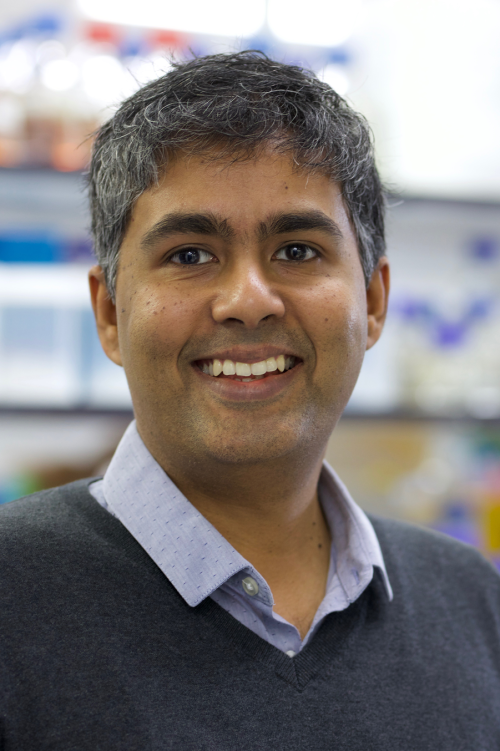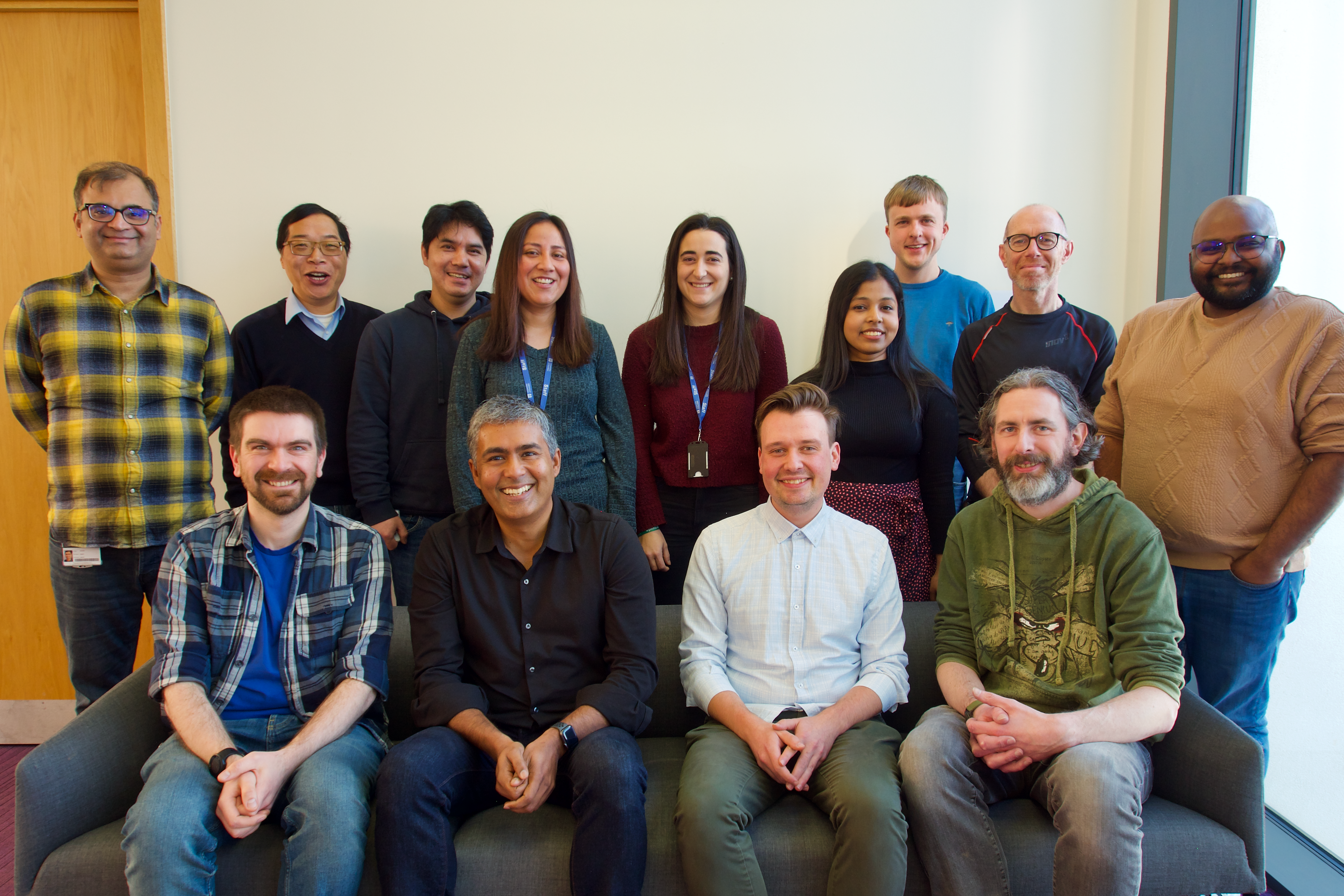Our laboratory is interested in understanding how signal transduction is mediated in cells by the posttranslational modification of proteins. A primary focus of the lab is the ubiquitin system where the attachment of ubiquitin can alter the function and fate of the modified protein. By using a multidisciplinary approach, we aim to get mechanistic insights into how fundamental cellular processes are modulated by ubiquitylation to maintain cellular homeostasis. Of late, we have also expanded our research into the poorly studied ubiquitin-like modifer UFM1 which is essential for protein biogenesis and endoplasmic reticulum homeostasis. We aim at getting detailed biochemical and molecular insights into these processes by focussing on the enzymes that add the modification, modules that recognize and decode the modification, and proteases which remove them.
At present, we have 3 focus areas of research in the lab:
- How do different ubiquitin signals couple to different signalling outcomes and how is ubiquitylation regulated by Deubiquitinases (DUBs)?
- How are proteins modified with UFM1 and how does this modification maintain ER homeostasis?
- How are the IRAK kinases activated and regulated in innate immune signalling?



